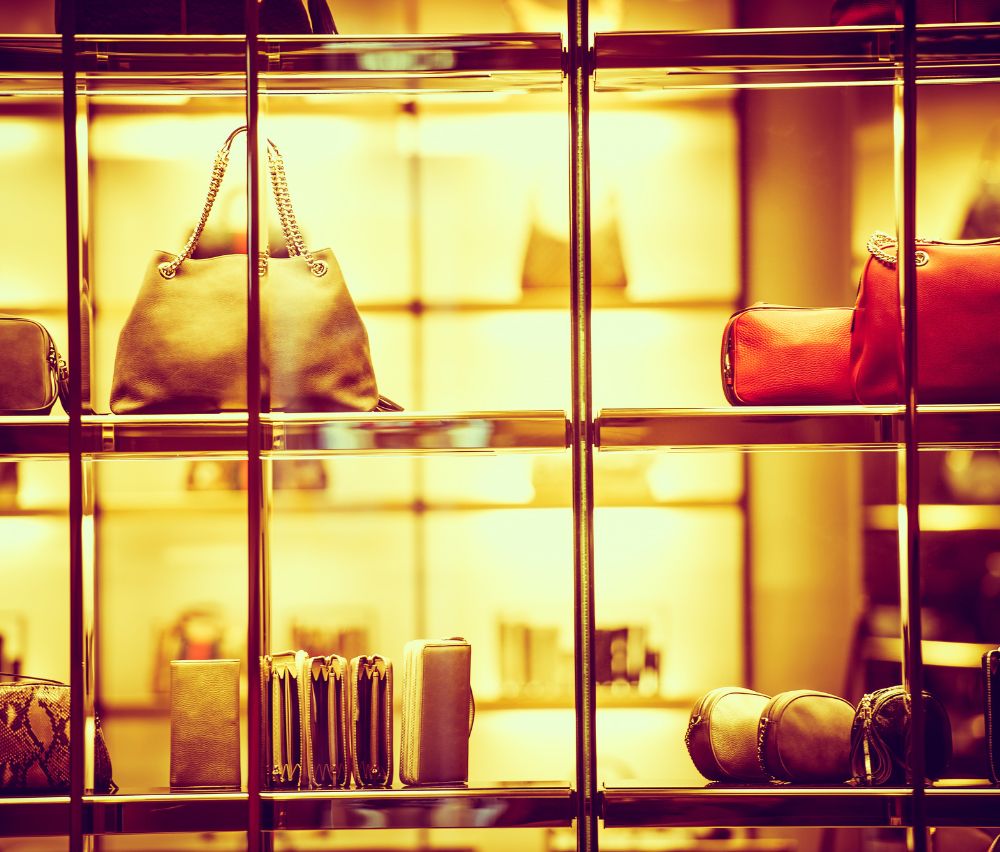
Luxury Goods Tax Revocation in Indonesia
April 29, 2024
Indonesia’s luxury goods tax landscape has undergone significant changes, particularly in the realm of branded fashion. The revocation of the luxury goods tax aims to stimulate investments in the luxury market and make high-end fashion more accessible. In this article, we will delve into the key points surrounding the tax situation for branded fashion in Indonesia, including the revocation of the luxury goods tax, tax incentives for fashion businesses, and the impact on the domestic luxury items market. Join us as we explore how these measures are reshaping the Indonesian fashion industry.
Revocation of Luxury Goods Tax
To boost the domestic luxury goods market, the Indonesian government has recently revoked the luxury goods tax that previously applied to high-end fashion items. This revocation is expected to make luxury items more affordable, particularly for the middle class. By eliminating this tax burden, the government aims to encourage local consumers to purchase luxury items within Indonesia rather than seeking them abroad. This stimulates the local economy and positions Indonesia as a competitive player in the global fashion industry.
Tax Incentives for Fashion Businesses
In addition to the luxury goods tax revocation, the Indonesian government has introduced tax incentives to support the growth of fashion businesses within the country. Fashion enterprises can benefit from a 50% reduction in corporate income tax for the first five years of operation. This tax break encourages establishing and expanding fashion businesses, fostering innovation and economic growth within the industry. By providing such incentives, the government aims to attract both local and foreign investors, ultimately boosting the overall competitiveness of the Indonesian fashion market.
Corporate Income Tax Overview
While Indonesia’s corporate income tax rate is generally set at a flat rate of 22%, there are certain conditions under which public companies can enjoy a reduced rate. These conditions may include meeting specific investment, employment, and business expansion requirements. By offering reduced corporate income tax rates to eligible companies, the government aims to incentivize investment and spur growth within the fashion industry.
Implications for the Domestic Luxury Goods Market
The revocation of the luxury goods tax and the introduction of tax incentives have significant implications for Indonesia’s domestic luxury goods market. These measures aim to attract more consumers to purchase luxury items within the country, thereby boosting the local economy. With increased affordability and tax incentives for fashion businesses, Indonesia aims to become a destination for luxury shopping and a competitive player in the global fashion industry. By encouraging local consumption and supporting the growth of fashion enterprises, the government strives to create a thriving ecosystem that benefits consumers and businesses alike.
Conclusion
The revocation of the luxury goods tax and the introduction of tax incentives mark a significant shift in Indonesia’s tax landscape for branded fashion. These measures aim to stimulate investments, make luxury items more affordable, and position Indonesia as a key player in the global fashion industry. By nurturing the growth of fashion businesses and attracting consumers to shop locally, Indonesia is poised to flourish as a destination for luxury items. As the fashion industry thrives, the economy will prosper, and consumers will have greater access to high-end fashion within their own country.
***
Follow D-Muse to stay current with fashion trends, lifestyle tips, and exciting events. DM us now to get all the information you need!
